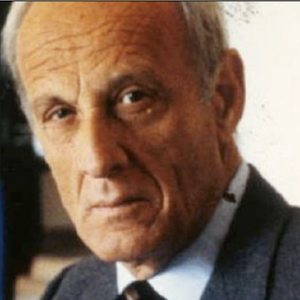Luciano Giuliani (1928-1994): Great master and founding father of modern Italian Urology

All claims expressed in this article are solely those of the authors and do not necessarily represent those of their affiliated organizations, or those of the publisher, the editors and the reviewers. Any product that may be evaluated in this article or claim that may be made by its manufacturer is not guaranteed or endorsed by the publisher.
Authors
Luciano Giuliani was born near Arezzo, in Tuscany (Italy) in 1928. After taking his Degree cum Laude in Medicine and Surgery at the University of Florence in 1951, he became a voluntary assistant at the Institute of General Clinical Surgery and Surgical Therapy. He then took a diploma in Urology and General Surgery, having demonstrated his great technical and surgical ability, and was subsequently appointed assistant in charge and then extraordinary assistant. Endowed with uncommon surgical skills and a forceful personality, Giuliani tirelessly carried out his clinical and surgical activity, covering several roles and rapidly earning profound esteem and recognition in the field of urology. As a pupil of the great luminary of Italian surgery, Ulrico Bracci, Dr Giuliani keenly followed his master, embracing his teachings and surgical techniques, until 1969, when he was appointed to run the 2nd Urology Division at San Martino Hospital in Genoa. He subsequently took up the chair of Urology at the University of Genoa and became Director of the Specialty School in Urology. Within a few years, he earned a solid reputation both nationally and internationally through his innovative surgical techniques. He also gave considerable impetus to the Genoese School of Urology, reaching the highest echelons of the Italian and European Societies of Urology. At the beginning of the 1990s, he designed and founded a new urology clinic in Genoa; this imposing, avant-garde building was subdivided into four floors and equipped with 80 beds. In July 1994, he won the prestigious “Willy Grégoir Medal”, an accolade awarded to eminent personalities in European urology. In August of the same year, he died in the Institute that he himself had created at San Martino Hospital in Genoa.
How to Cite

This work is licensed under a Creative Commons Attribution-NonCommercial 4.0 International License.
PAGEPress has chosen to apply the Creative Commons Attribution NonCommercial 4.0 International License (CC BY-NC 4.0) to all manuscripts to be published.

 https://doi.org/10.4081/aiua.2023.11329
https://doi.org/10.4081/aiua.2023.11329



